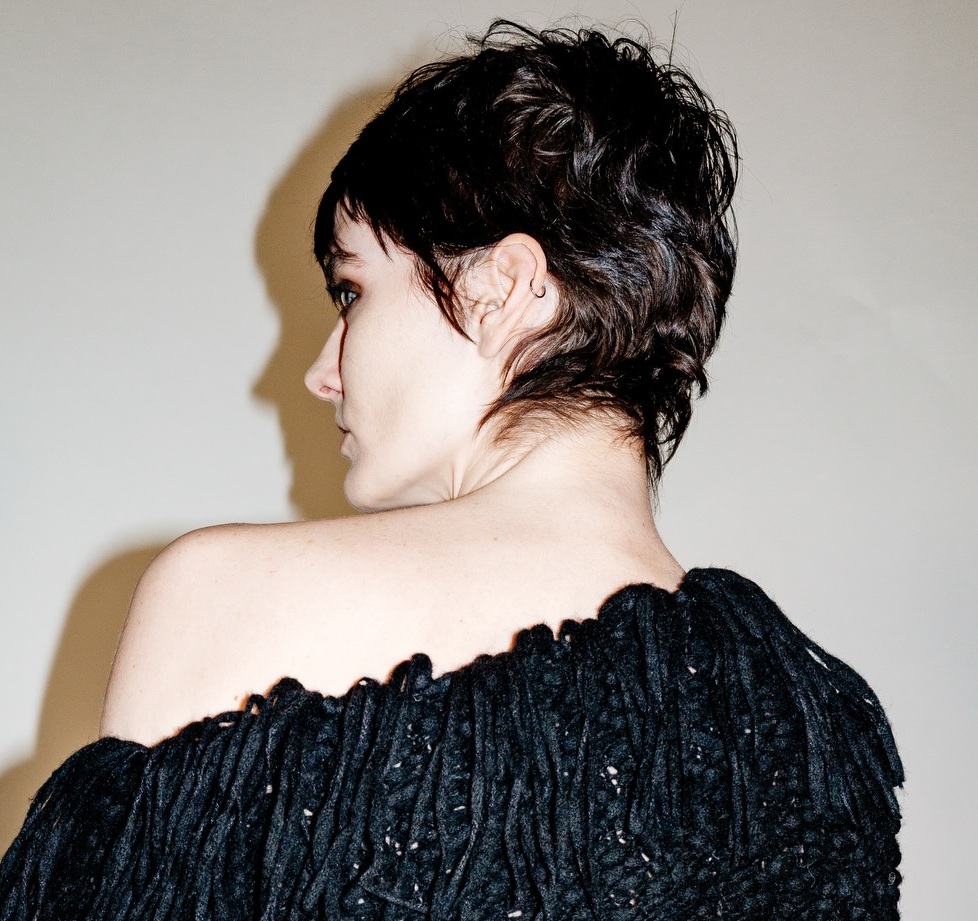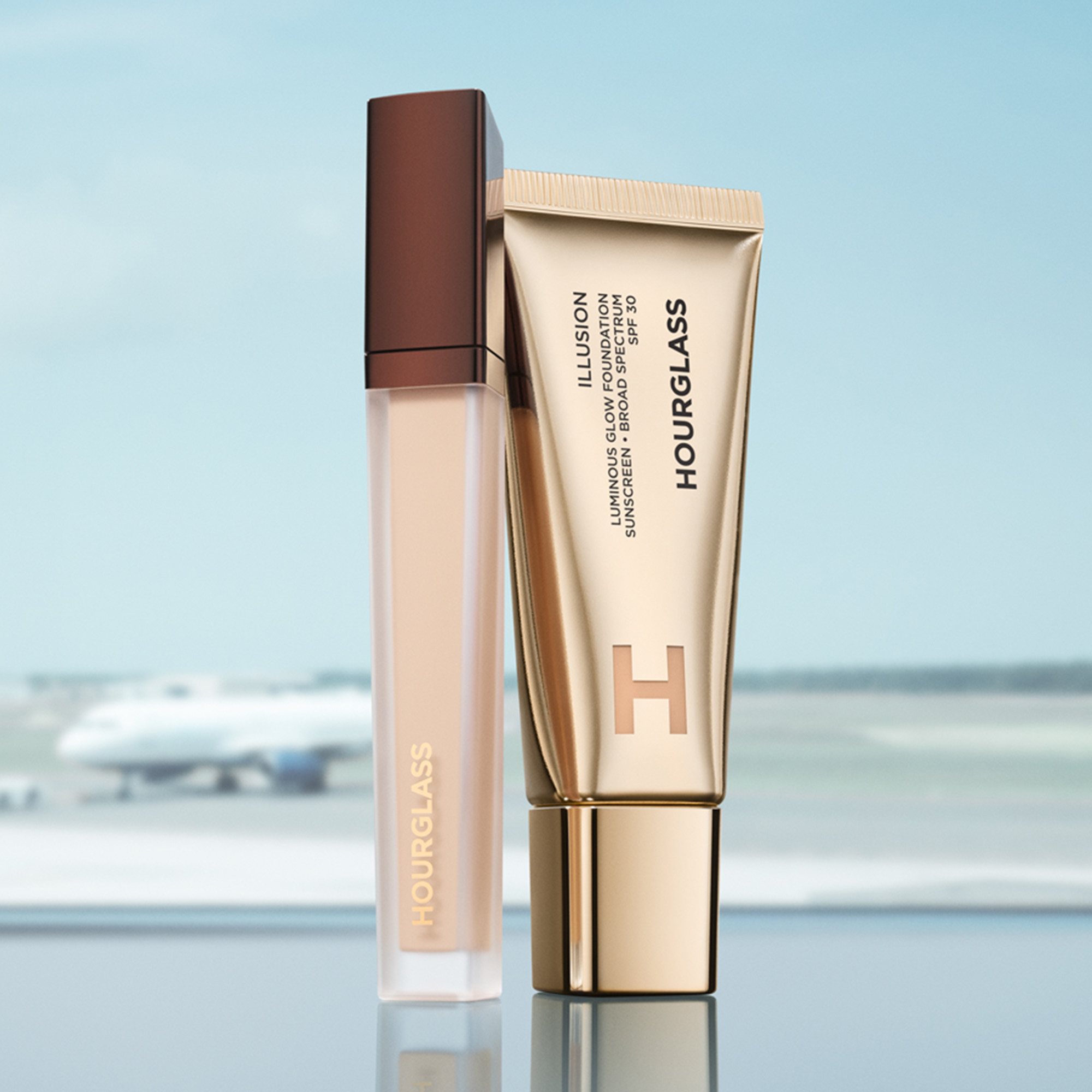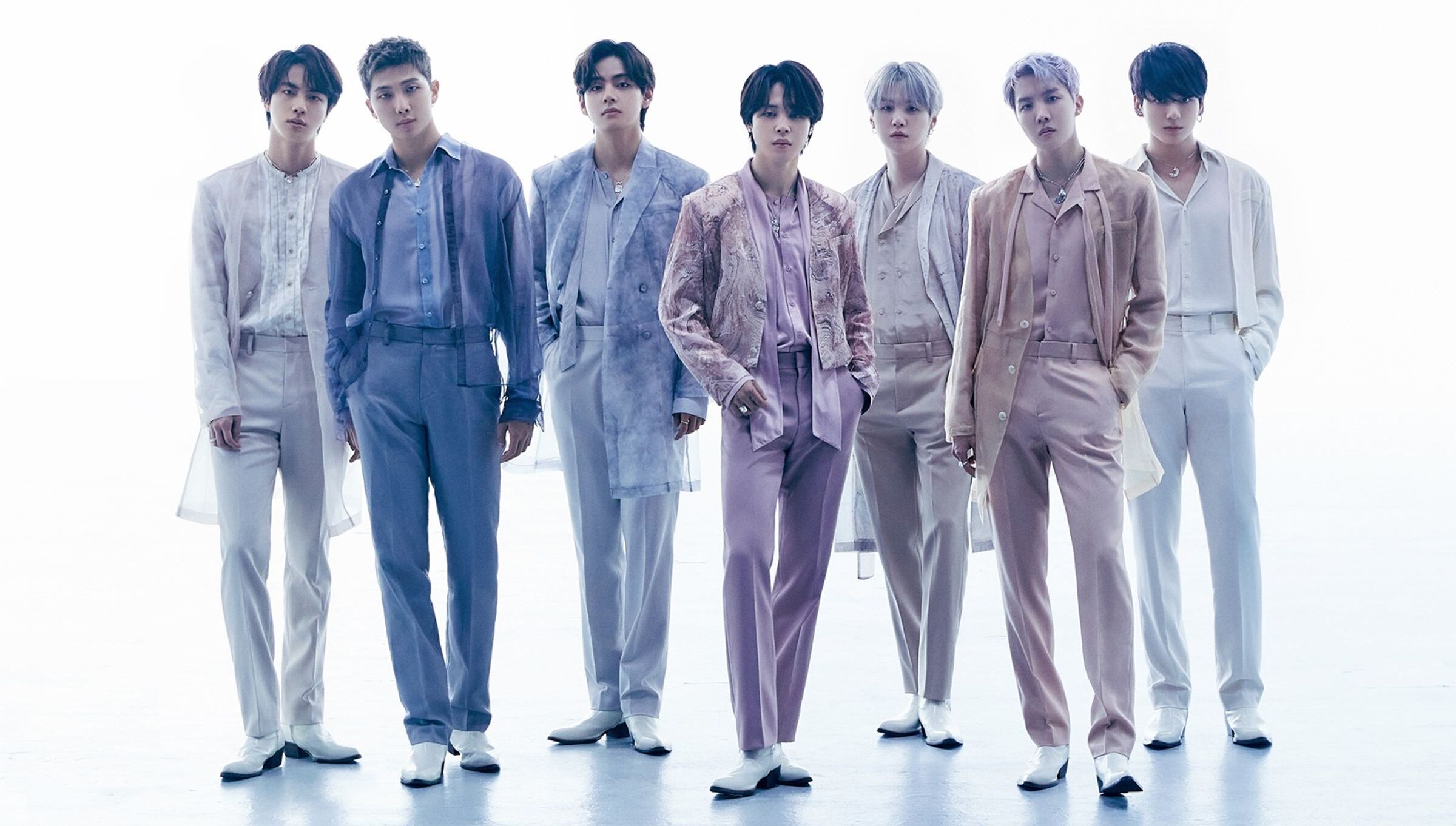As Perfumer H opens its first flagship in Hong Kong, founder Lyn Harris talks to Zaneta Cheng about quiet elegance, translating nature for the skin and her favourite olfactory memories
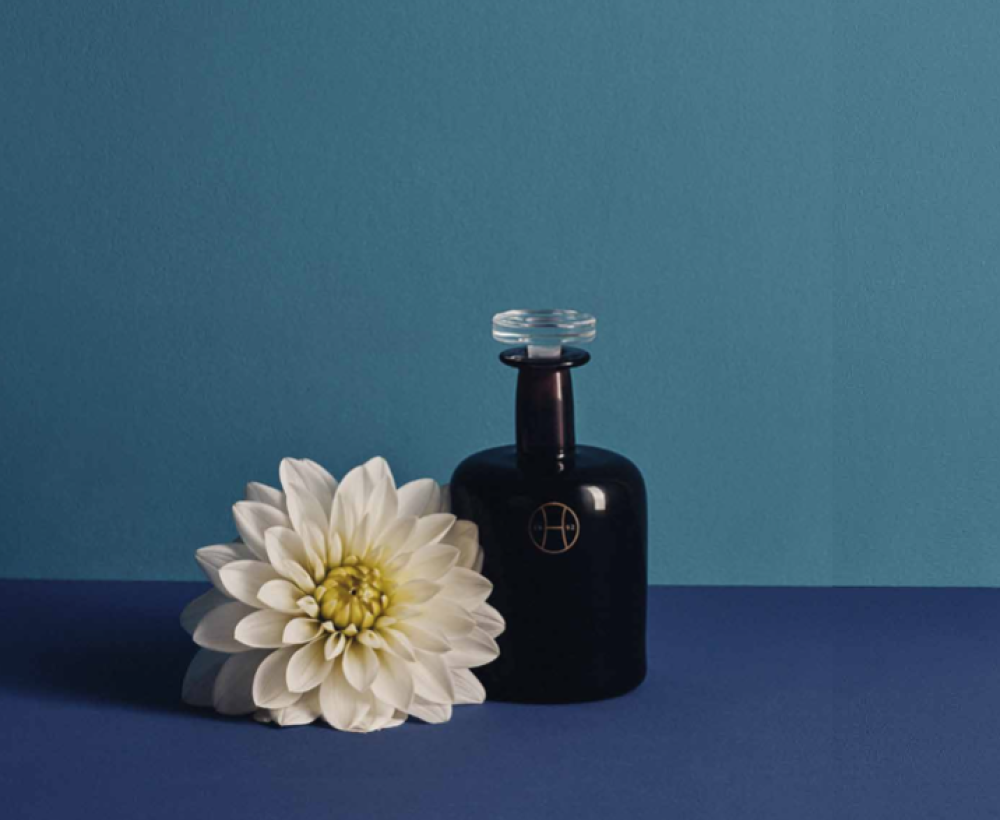
When Lyn Harris walks into a space, her first reaction is always to smell. She can detect the scent of people, “such as their hair, so yes, I can detect the smell of natural skin. It’s just one of my natural reactions to anything,” says the founder of “unconventional” London-based brand Perfumer H.
It determines, I’m told, how perfumes smell on the skin and why something blossoms on one skin but can fall flat on another. It’s also one of the first things I learn about Harris’s approach to perfume when I set foot in her new Hong Kong flagship on Sun Street. There are candles and a tea bar and a wall of fragrances to the far left. Amidst the crowd, Harris can still identify the acidity of my skin and isolate which of her fragrances will last longer or not smell quite right on me.
“Acidic skin is a fascinating topic that I find quite difficult to explain but it’s important to understand when it comes to fragrance,” the classically trained British perfumer says. “When you find the right fragrance for acidic skin, it can truly ignite the skin. It’s not a sliding scale or opposite of dry skin, but rather a unique chemistry that varies from person to person. Eye colour and other factors can also come into play. Ultimately, it’s about sussing out an individual’s personal chemistry to find the perfect fragrance.”
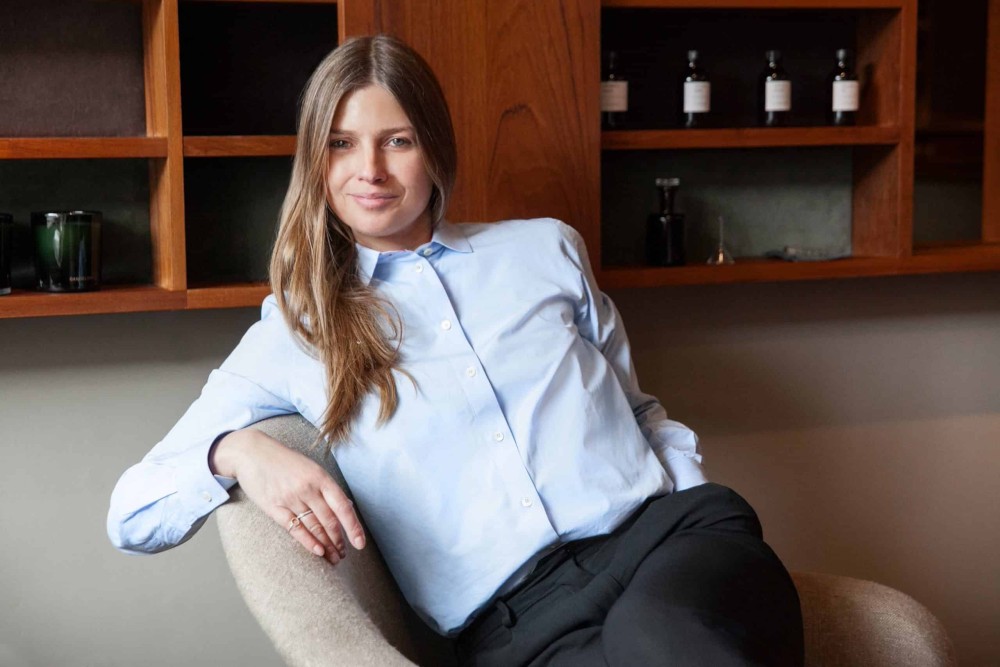
When Harris was in school, she worked at a local fragrance shop during the holidays and loved the way fragrance could shape somebody. It was a love affair that would also shape her future. After working at the shop for a year after graduating from school, Harris’s parents suggested she move to Paris to learn how to make fragrances and was accepted into a small school set up by perfumer Monique Schlienger. It was here Harris learned how to work with ingredients and scents in a way that laid the foundation for her signature style today.
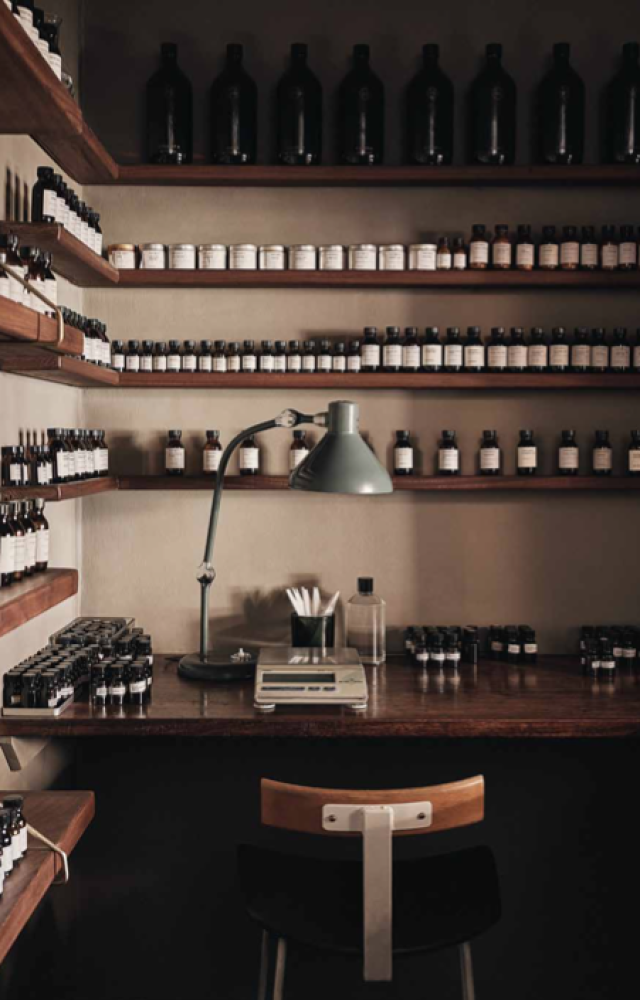
Can you talk about translating nature for skin and what it means to you?
Translating nature for skin is about creating fragrances that have a discreet elegance and that do not overpower one’s life. I believe that fragrances should be appreciated for their beauty and pleasing scents rather than just being a trend of a way to be recognised.
When creating fragrances, I focus on the materials and how they breathe in the formula. This allows for an appreciation of the different natural ingredients such as orange blossom and various woods, and takes the wearer on a journey. It’s all about creating fragrances that are not just pleasant to smell, but also evoke a sense of adventure and discovery.
Translating nature for skin is also about using natural ingredients to create fragrances that are unique to each individual and enhance their natural beauty. It’s about appreciating the beauty of nature and incorporating it into our daily lives.
Also see: Christmas 2023 #giveaway – Oribe Gold Lust Collection and Hair Alchemy Collection
Some of your fragrances are quite light and use fewer ingredients whereas others are noticeably more complex with quite a bit of depth. How do you decide which formulas deserve more or less depth and complexity?
When I work on formulas, it’s all about finding a way to make the scent appealing to the skin. For example, I love the scent of smoke because of childhood memories, but it’s challenging to make it palatable for the skin. So I focused on creating an ethereal, elegant and simple scent with a green undertone. This allows the fragrance to be both unique and appealing to the consumer.
As consumers gain confidence in their fragrance choices, they become more willing to try new and adventurous scents. It’s about finding a way to create a scent that is both unique and appealing to the skin. It’s about taking risks and experimenting with different ingredients to create something truly special.
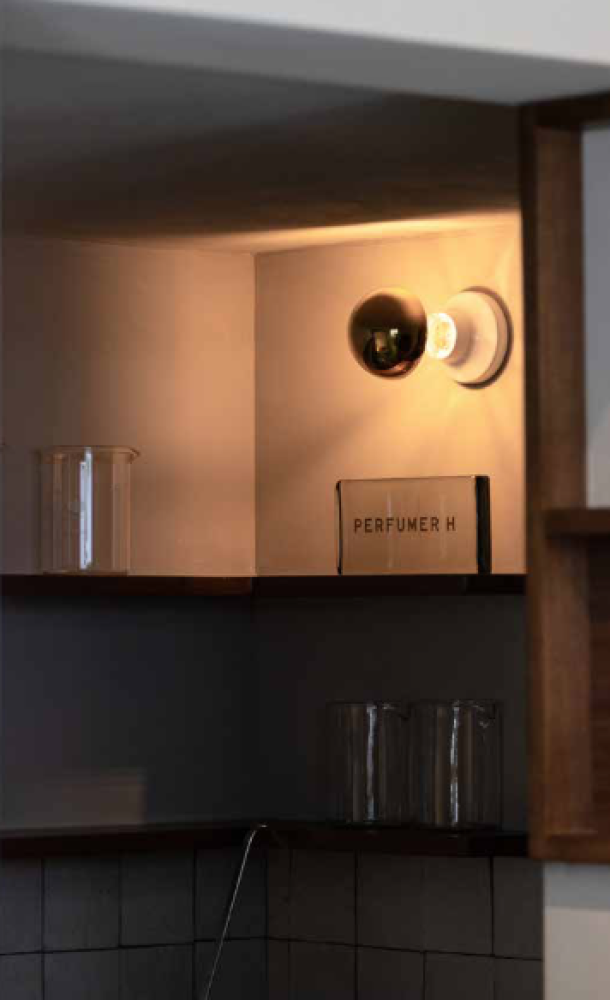
How would you describe your fragrances?
My fragrances are all about quiet elegance. They’re soft yet strong and leave a subtle scent on your clothes. Unlike commercial fragrances, which are all about tenacity and making a big impact, my fragrances are more understated and sophisticated. It’s not about capturing people’s attention in a short amount of time, but rather leaving a lasting impression with a unique and pleasing scent. They’re designed to be unique and personal, not following trends or making a big impact but rather about creating something truly special and beautiful.
What were some of the first fragrances you smelled that helped you understand what elegance in scent meant, given that elegance is such a crucial part of your brand? My mother wore Chanel N°5 and I loved it. She was Scottish, so her skin was very light and the fragrance complemented her perfectly. The scent was very light and elegant and it left a lasting impression on me. It was one of the first fragrances that helped me understand what elegance meant and how a scent can be so personal and unique to each individual.
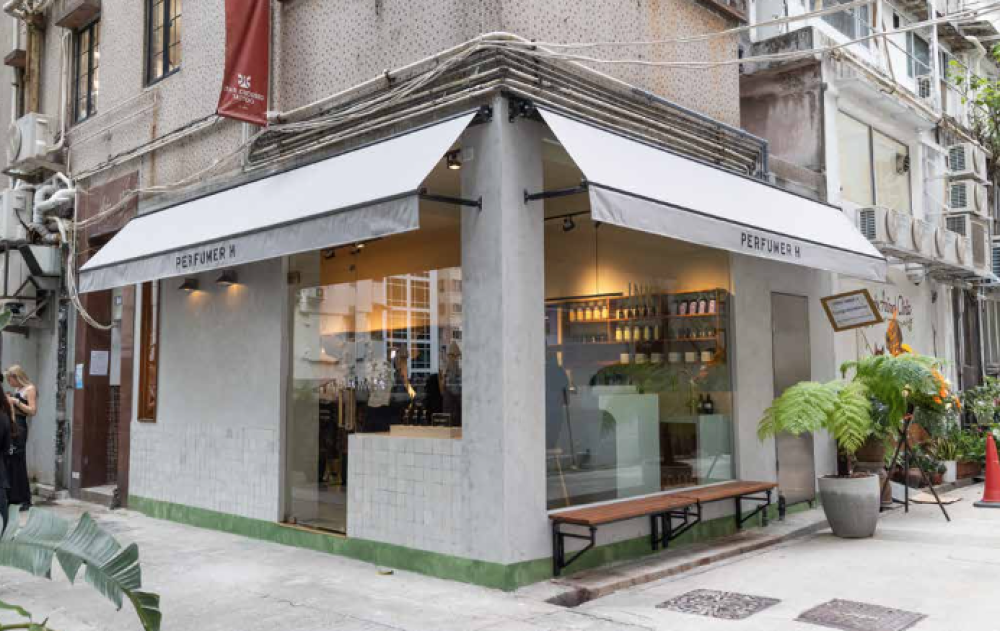
Take us through your fragrance creation process.
My fragrance batches are very important to me as they serve as my subjects. I have an idea of what I want to create and then I build around that. I like fragrances that breathe and don’t dominate, such as my Night Cloud scent. I love natural smells but also enjoy interpreting them in a way that makes the skin bloom. For example, my Rain Cloud scent is inspired by the incredible smell of humidity outside, but I wanted to make it elegant and sophisticated on the skin.
I want to create a new radiant smell that makes people feel elegant and perfect. My process is about translating nature for the skin and making it elegant and perfect.
Also see: Medicube: South Korea’s no. 1 derma-cosmetic brand is a major hit in Hong Kong




